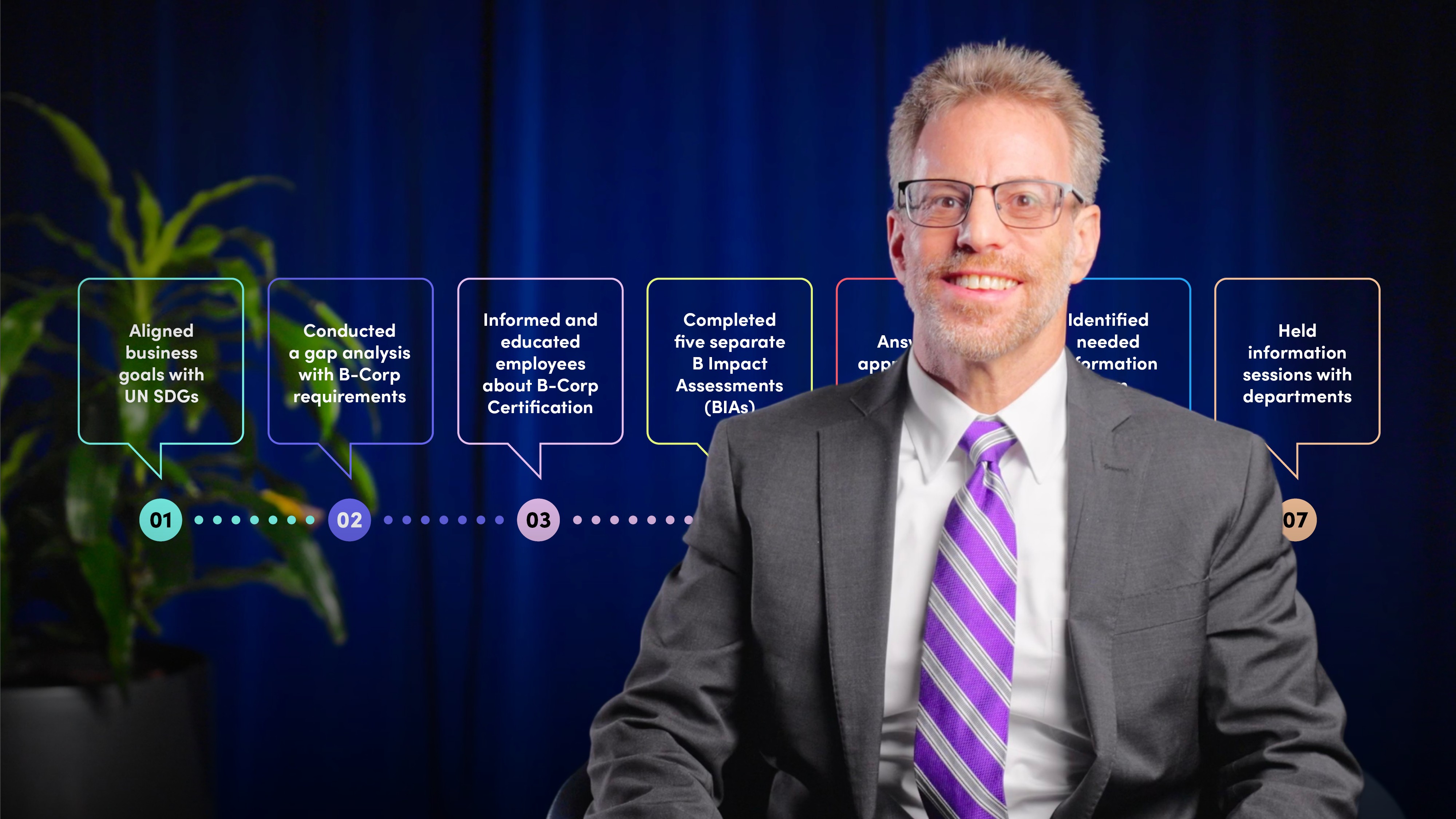
Strategic Sustainability and Materiality

Wayne Mayer
30 years: Sustainability and Corporate Social Responsibility Executive
In this video, Wayne discusses how businesses can drive growth by integrating ESG factors into their operations. He explains the importance of materiality in shaping sustainability strategies and decision-making, and highlights how companies use frameworks like GRI and IFRS to enhance transparency, reduce risks, and create value through sustainable practices.
In this video, Wayne discusses how businesses can drive growth by integrating ESG factors into their operations. He explains the importance of materiality in shaping sustainability strategies and decision-making, and highlights how companies use frameworks like GRI and IFRS to enhance transparency, reduce risks, and create value through sustainable practices.

Strategic Sustainability and Materiality
12 mins 16 secs
Key learning objectives:
Understand the role of materiality in shaping corporate sustainability strategies
Understand how materiality can impact business decision-making
Identify case studies where companies successfully integrated sustainability into their operations to create value
Overview:

Wayne Mayer
There are no available Videos from "Wayne Mayer"

